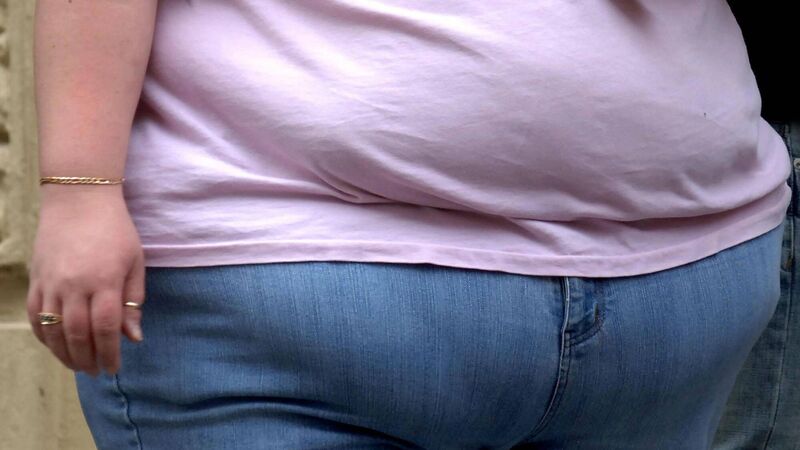Children suffering mentally and physically from too much screen time

University researchers have warned that excessive screen time and little physical activity is having a detrimental impact on the mental and physical wellbeing of children in Ireland, especially of those from disadvantaged backgrounds. Picture: File picture
Watching screens rather than engaging in physical activity is having a detrimental impact on the physical and mental wellbeing of children in disadvantaged areas with up to a quarter of boys and a third of girls overweight or obese, a new study has found.
Researchers from University College Cork, Dublin City University and Ulster University examined the relationship between gender, physical activity, screen time, body mass index and wellbeing in Irish schoolchildren experiencing social disadvantage.













